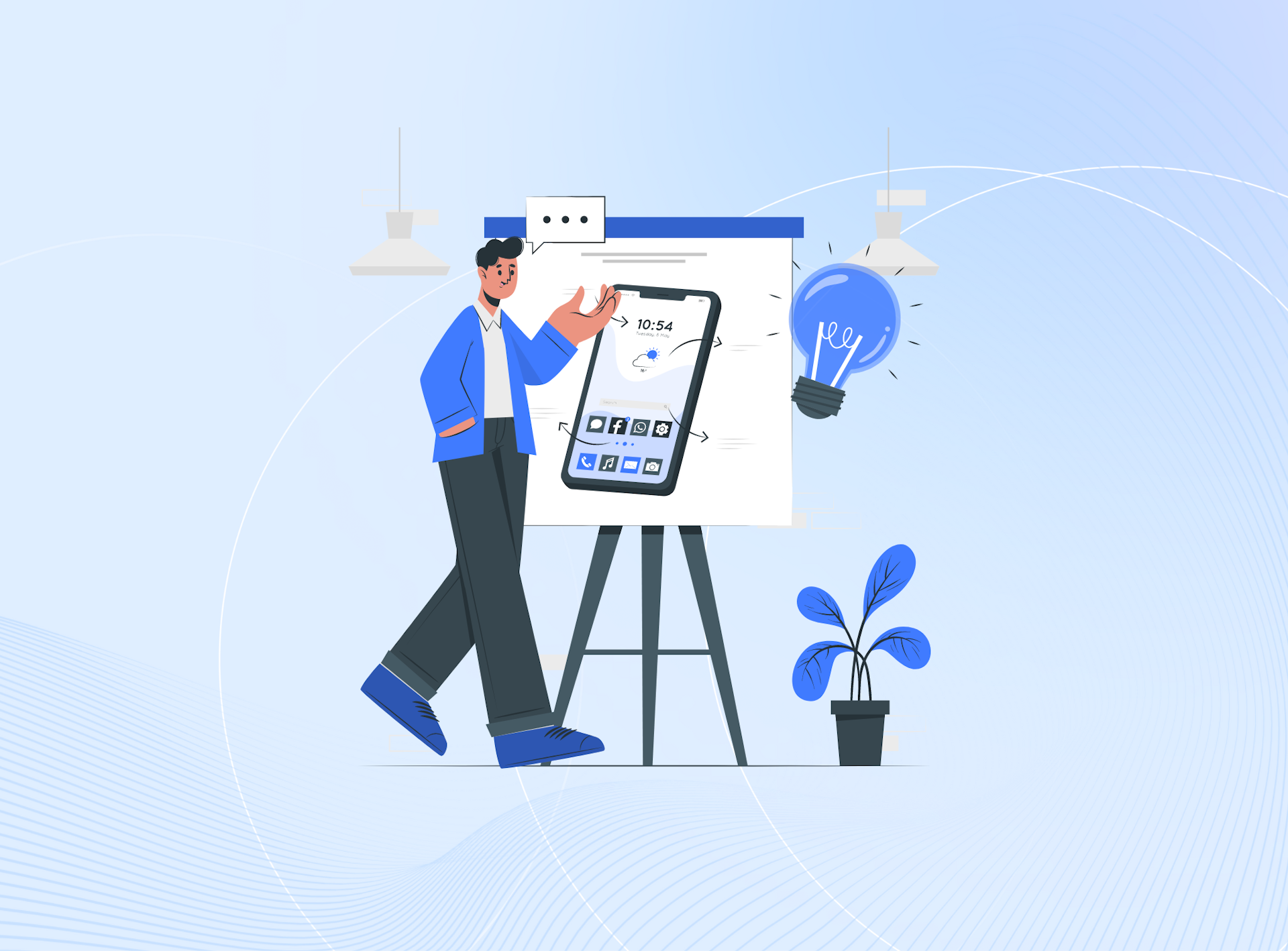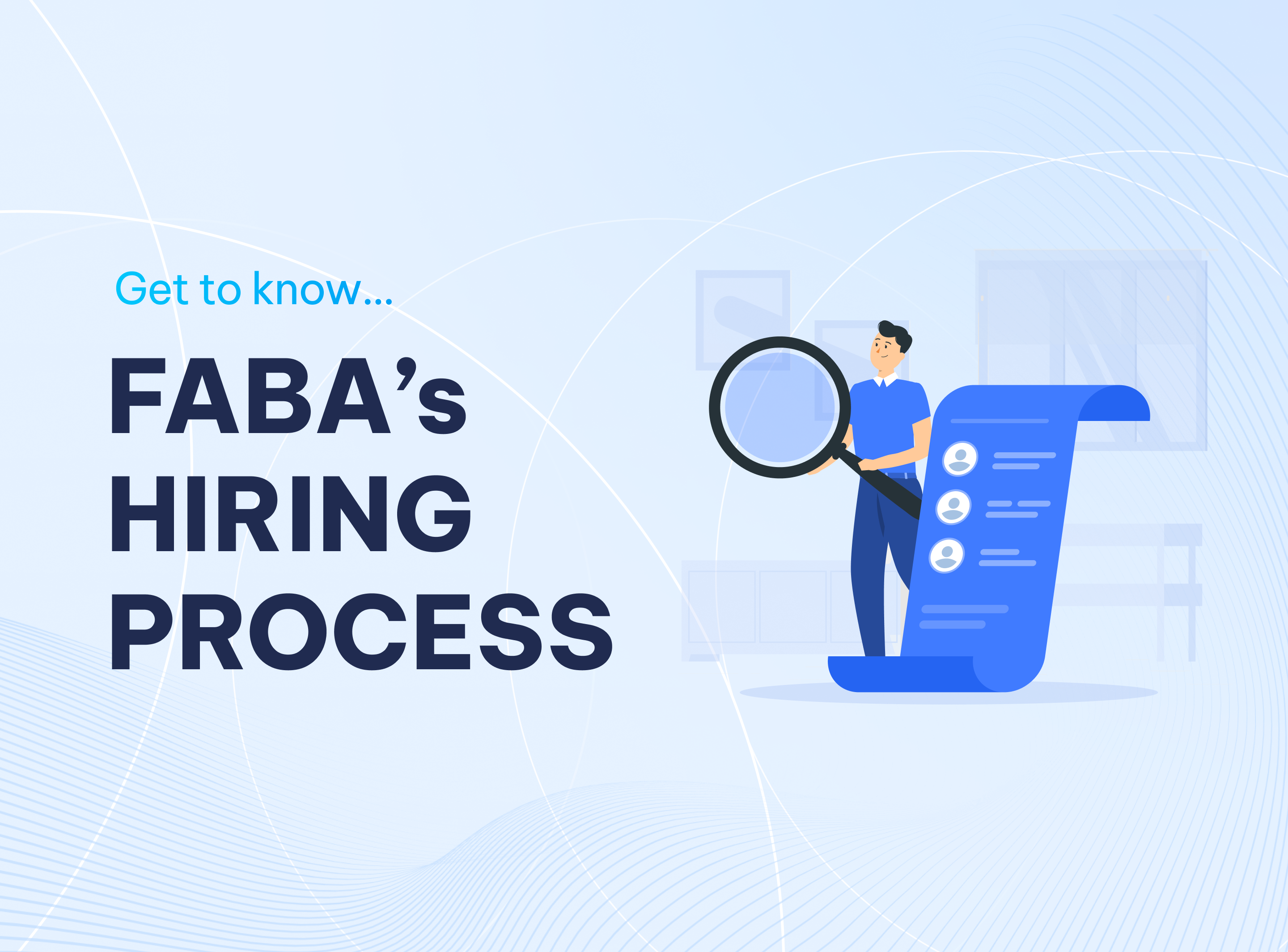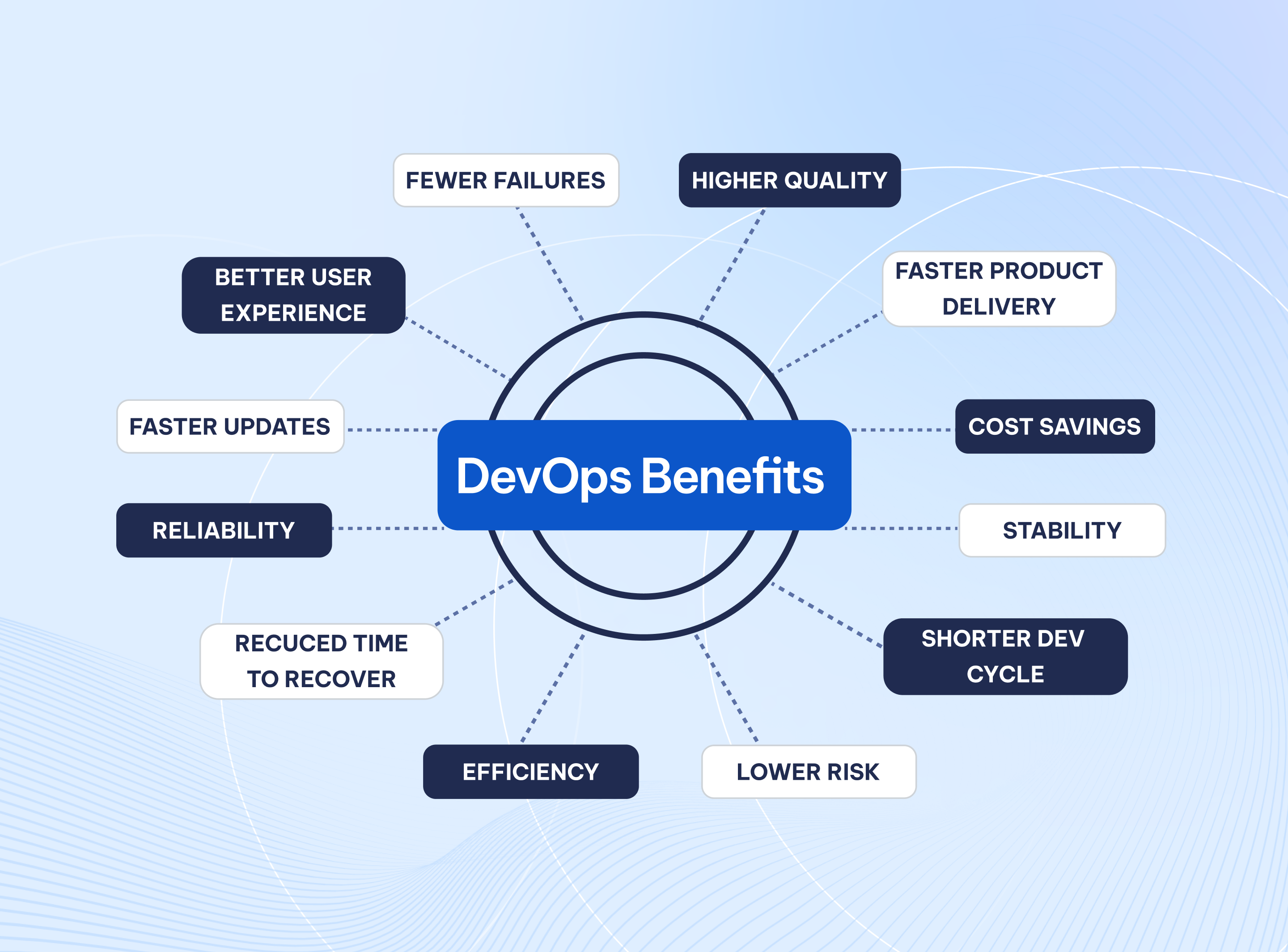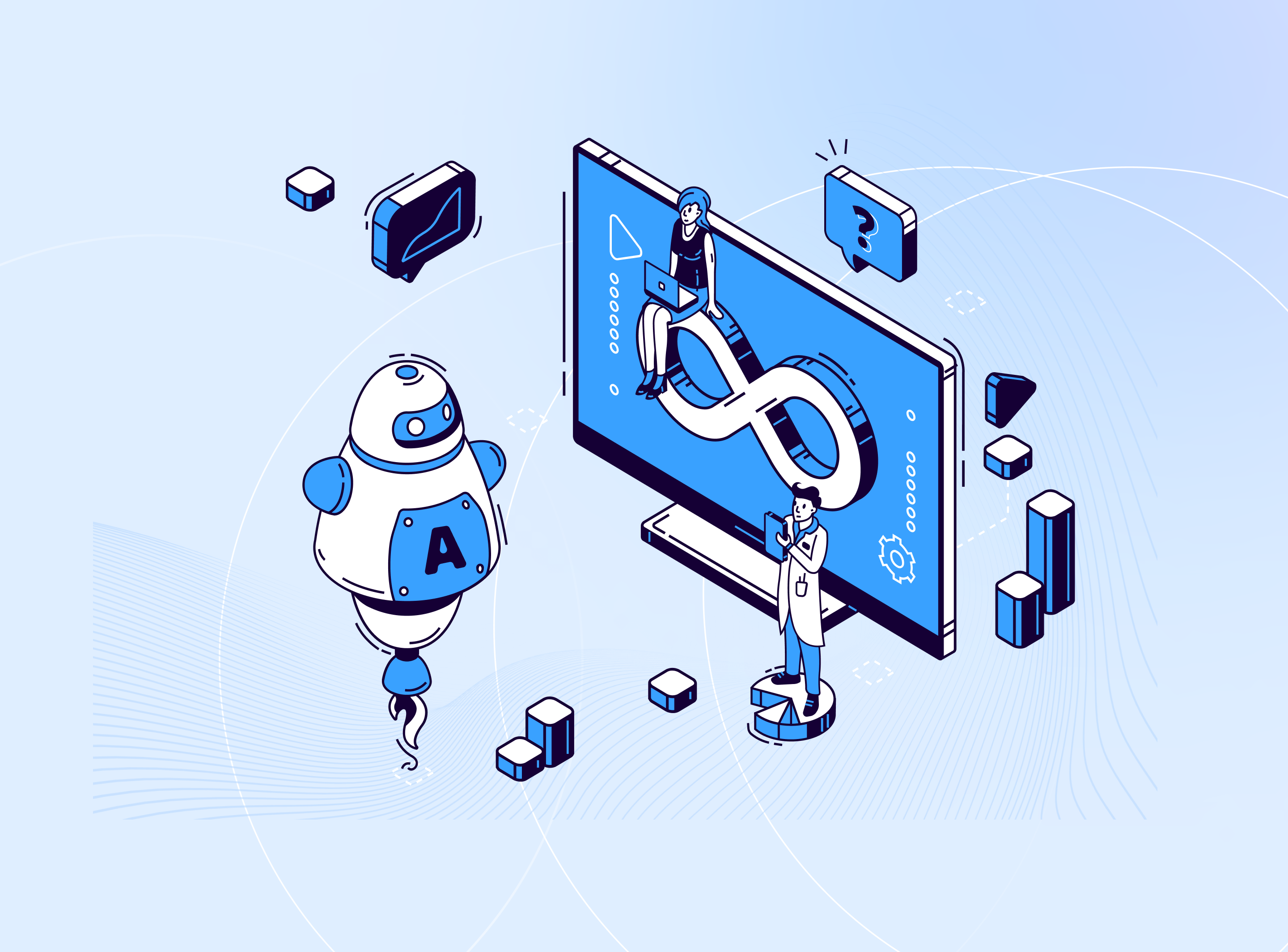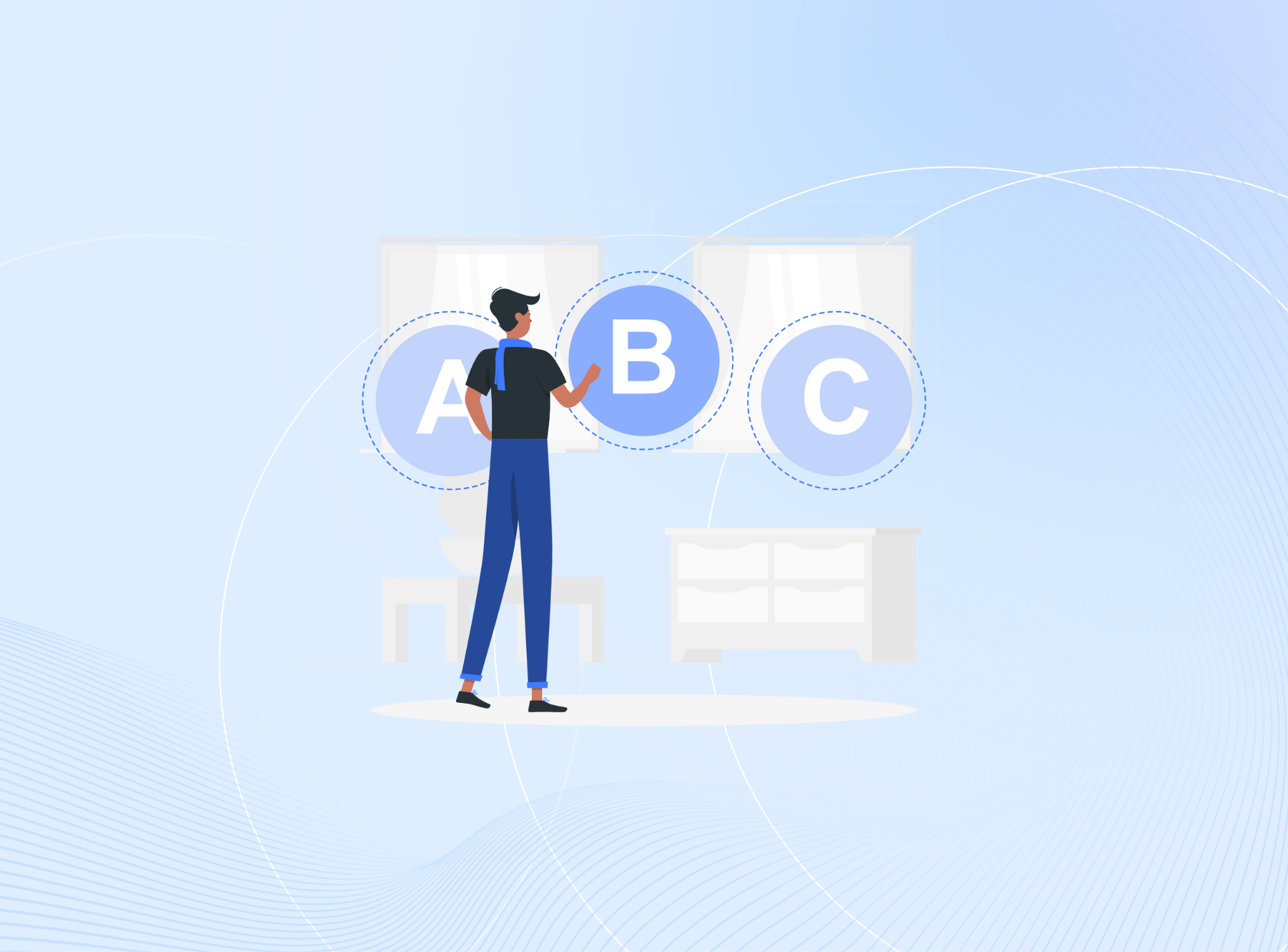MVP vs Prototyping — Understanding the key differences
Published on Mar 18, 2024
While these two terms often find their place in the early stages of a project, they serve distinct purposes and cater to different needs. That is why product makers need to learn and understand their key differences, as well as when to utilize each concept to ensure market success.
An introduction to MVP
As the name suggests, a Minimum Viable Product (MVP) is a mini version of a product that includes only its core features. It is fully functional as software and can be used by end-customers, and its primary purpose usually is to propel the product release.
An MVP provides instant value while minimizing development costs and reveals the most suitable direction for further development, but it is not a silver bullet. Here are the pros and cons of an MVP.
The pros and cons of MVPs
Pros
- short time-to-market
- able to generate ROI
- allows users to experience the core features of your product
Cons
- exposure to fast-moving copycats
- vulnerable to scope creep, leading to overengineering
A quick rundown on Prototyping
A prototype is a preliminary model or a mock-up of a product, typically developed to demonstrate its functionality, design, and user experience. Prototypes can vary widely in fidelity, ranging from low-fidelity sketches or wireframes to high-fidelity interactive simulations. They are primarily used to visualize concepts, test usability, and communicate ideas with stakeholders. Here is a quick list of the pros and cons of prototyping.
The pros and cons of Prototyping
Pros
- helps detect design flaws and issues before the final product launch
- provides rapid experimentation and iteration
- requires low effort and low cost
- easy to capture and record feedback
Cons
- feedback can be influenced by the “look and feel”
- anyone can make a poorly designed prototype
- not fully functional
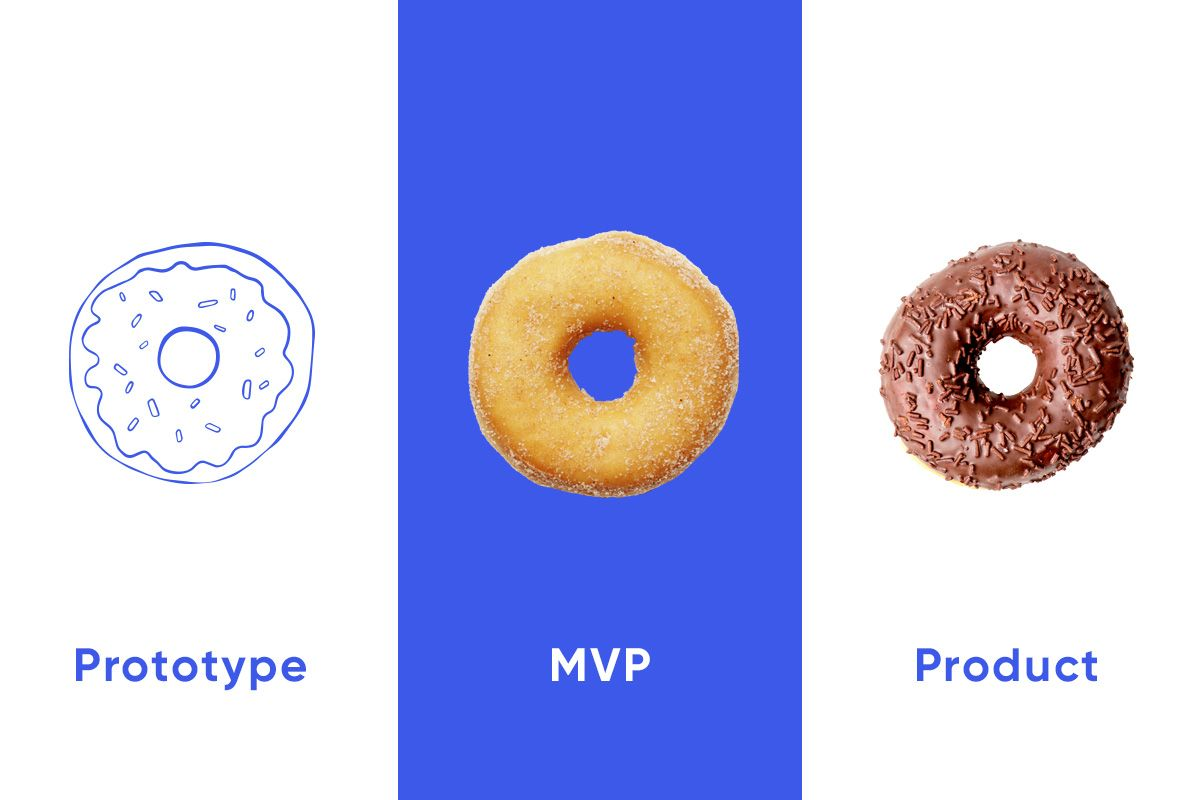
Key differences between a prototype and an MVP
MVP and prototype are often confused because they both validate the product idea. Let’s explain what the most important differences are.
Purpose
- MVP: Validates product viability through real-world testing and feedback from early users.
- Prototype: Explores and refines design, functionality, and user experience.
Scope and Complexity
- MVP: Encompasses essential features to address core user pain points, prioritizing simplicity and quick delivery.
- Prototype: Ranges from simple mock-ups to complex simulations, allowing for experimentation without extensive resource commitment.
Feedback and Iteration
- MVP: Drives iterative development based on real-world usage data to meet evolving user needs and market demands.
- Prototype: Informs design decisions, identifies usability issues early, and facilitates collaboration to refine the product vision.
Cost
- MVP: requires a proper budget estimation
- Prototype: low development costs

Key takeaways
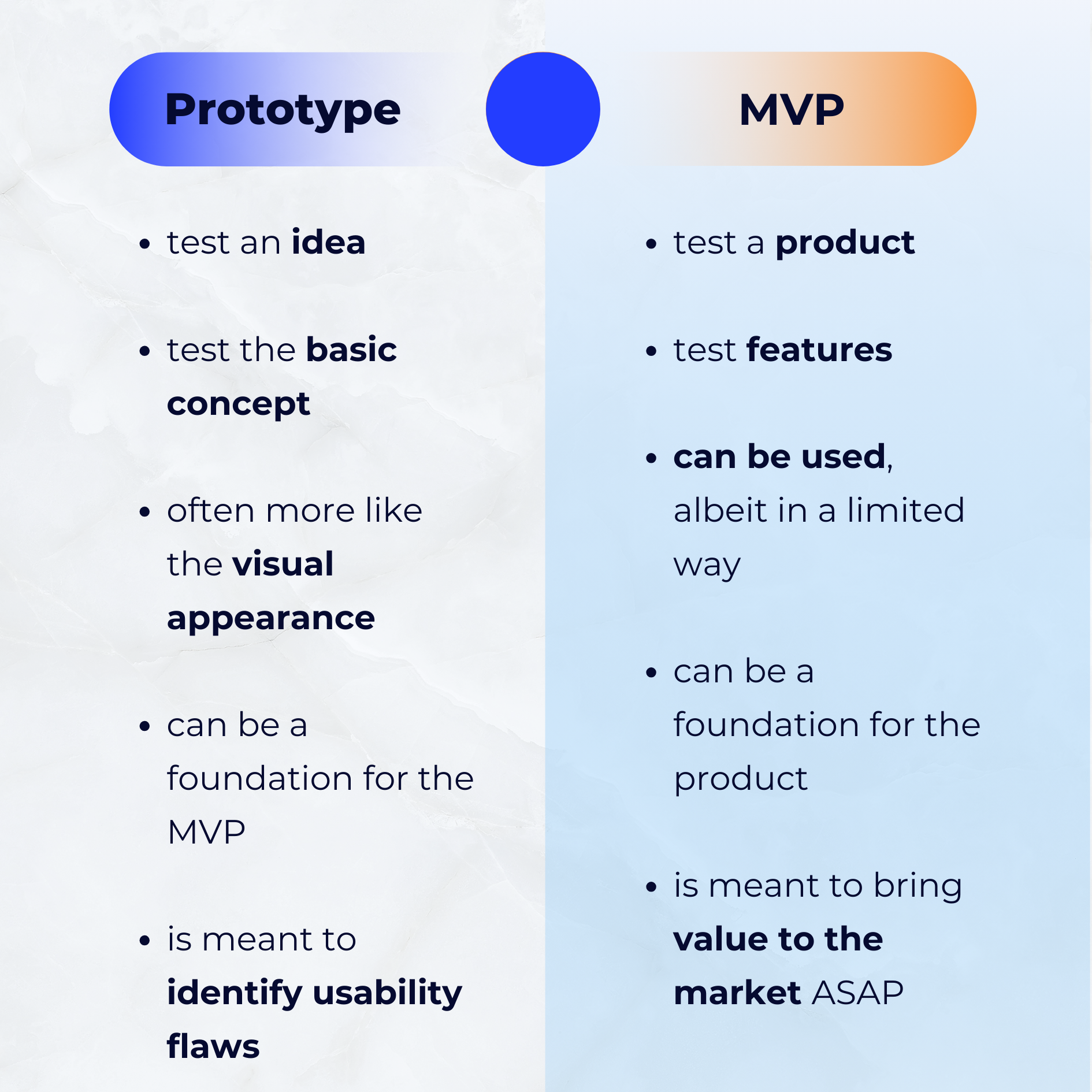
- A prototype tests the idea. An MVP tests the product.
- A prototype tests the basic concept; an MVP tests features, treating the basic concept as already proven.
- An MVP is functional, it can be used, albeit in a limited way. A prototype is often more like the visual appearance of the product.
- A prototype can be a foundation for the MVP design (in some cases, it makes sense to validate the basic hypotheses using the prototype, and then develop an MVP to progress the work further).
- A prototype is an interactive, working visualization of the product, meant to identify usability flaws in the design.
- An MVP app is the USP-wrapped-up-in-essential-features-only version of the product to bring value to the market ASAP.
Closing
Prototypes and MVPs are valuable techniques for businesses looking to develop successful products. By testing the most important features and getting feedback from potential customers, businesses can minimize costs and risks while improving their chances of success in the market.
If you are looking for seasoned startup insights, let FABA Technology offer you a hand. Check out how we have helped businesses realise their ideas and reach out to us at https://fabatechnology.com/contact-us

